In 2016, the New York City Council passed a citywide ordinance requiring the installation of natural gas detectors, 180 days after “an industry standard concerning the use of natural gas detecting devices in residential buildings has been promulgated.”
In April of this year, the National Fire Protection Association (NFPA) published a standard for natural gas detectors (NFPA 715) which has led co-op and condo boards to wonder how they are to comply with this law and whether their buildings may become vulnerable to gas service shutoffs.
The Risks of ‘Dumb’ Detectors
When a gas detector alarms, it makes a series of announcements, the first of which is, ‘Danger - gas leak explosion risk. Evacuate, then call 911.’ The NFPA standard provides specifications for two kinds of devices: ‘dumb’ detectors that only alarm locally, instructing residents within earshot of the alarm to call 911, and ‘smart’ detectors that also alert the building’s maintenance team along with first responders, providing the exact location of the alarm and the current level of gas explosion risk.
According to Nadav Schnall, former Vice President of First Service Residential’s new development property management division and current COO of ProSentry, a New York-based water and gas leak detection firm, “I understand why it may be tempting to install the ‘dumb,’ locally alarming detectors for simplicity; but there are obvious concerns that if no one hears the alarm timely, the situation could escalate to an explosion, risking life and property.
“Furthermore,” Schnall continues, “having the FDNY handle a gas leak call when they don’t know which apartment has the leak, or the concentration level of gas, can lead them to turn off the gas to the entire building in an effort to safeguard lives.”
Why is that a potential problem? According to Gordon Donato, President of Brooklyn-based Donato Plumbing, “Once a building’s gas valve is shut, Con Edison requires a pressure test before they will turn the gas back on. They will oversee us pressurizing the pipes to 3 pounds of pressure—which is about 600% of the normal operating pressure of ½ pound. [The piping] has to hold that pressure for 30 minutes. More than 75% of the time, the building’s aged pipes will not withstand this additional pressure, and Con Edison will lock off the gas service to the building. It can take six months—sometimes longer—to open the walls and re-pipe the building to restore gas service for cooking, hot water, and heat. This work can cost hundreds of thousands of dollars.”
Get Smart
For Schnall, “There is a clear advantage to installing the ‘smart’ version of the gas detector that provides near-instant notification to a staffed central station to help manage the gas leak event. It provides the exact location—‘Apartment 24J, kitchen stove’—as well as continuous, 30-second updates on the concentration of gas in the apartment. The central station staff remains on the phone with 911 so first responders have up-to-the-moment information on the percentage risk of an explosion, along with its location. This knowledge will greatly assist in containing a leak with minimum repercussions.”
Not only that, but “because the building’s staff would have been given this same information within seconds of a gas leak, they also have the opportunity to react quickly and attempt to address the leak before matters escalate.”
Enter Senator Comrie of Queens
Recognizing both the mortal danger undetected gas leaks pose to life and property, and the huge disruption and expense a total shutoff inflicts on a building community (not to mention the additional risks of residents being without heat in the colder months), State Senator Leroy Comrie of the 14th Senate District of Queens and Chairman of the Committee on Corporations, Authorities and Commissions has proposed State Law 3705, which would require the use of ‘smart’ gas detectors throughout New York State.
The law currently requires a gas leak detection notification to go to the local utility company, but Senator Comrie is consulting with stakeholders about amending his bill to be consistent with the new NFPA and Underwriter’s Laboratory standards, meaning that notifications would go to a licensed and staffed central station which will then notify the building, call 911, and alert the utility company. Senator Comrie notes, “I will work with stakeholders, advocates, experts, and colleagues to achieve the aims this bill sets out: to save lives, property, money, and the environment from needless destruction and waste due to gas leaks. We must take advantage of the most up-to-date technologies and guidance to achieve that aim.”
The Silver Lining
While New York residential boards and landlords will see this as an additional regulation and expense; most will also acknowledge that, like smoke and carbon monoxide detectors, the gas detectors will save lives.
In addition, Senator Comrie’s proposed law may also save our gas. In 2021, New York City banned new gas hookups for buildings under seven stories beginning in 2023, and for buildings over seven stories beginning in 2027. At the same time, New York State Governor Kathy Hochul has also been pursuing a bill that would completely ban natural gas in new construction across the State starting in 2027.
It’s becoming clear to boards that New York is pushing towards eliminating gas in residential buildings through regulation for both climate and safety reasons; however, utility companies are voicing concerns over the adequacy and reliability of the electrical grid to take up the slack and provide all the necessary energy.
However, by embracing ‘smart’ natural gas detection technologies, co-ops, condos and landlords may convince the City that the risk of explosions has been adequately handled, and that natural gas for cooking and drying should be allowed to continue—at least until the grid catches up.
Con Ed has already installed its own version of smart connected gas detectors in the basements of 750,000 buildings in New York City to monitor its own pipes. With the published standard by the NFPA, individual apartment gas detectors are now mandated by the city as well—and it’s only a question of time before the Department of Buildings (DOB) will begin enforcement. Given that inevitability— along with the very real physical danger of gas leaks and the major cost and disruption of a gas shutoff—proactive boards and landlords should not wait to install smart gas detection technology in their buildings; the time is definitely now.
John Rusk is the founder of ProSentry, an NYC-based leak detection service company specializing in local wireless networks to detect water and gas leaks to meet insurance and government requirements and save lives and property.



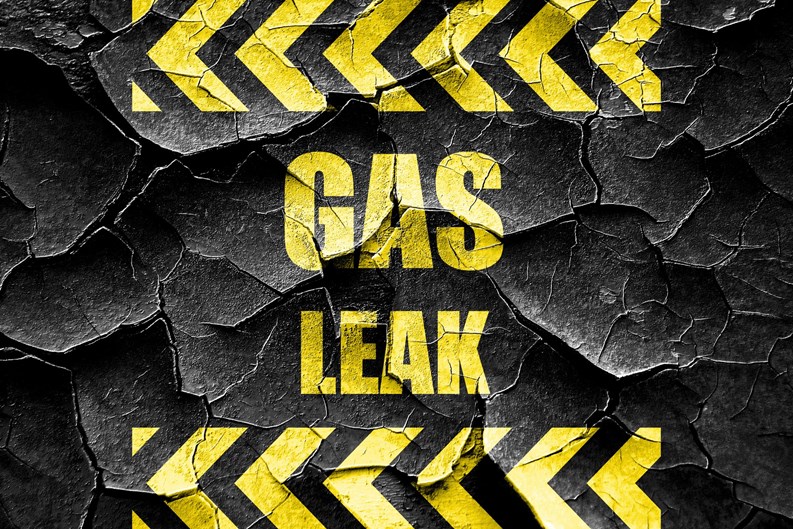

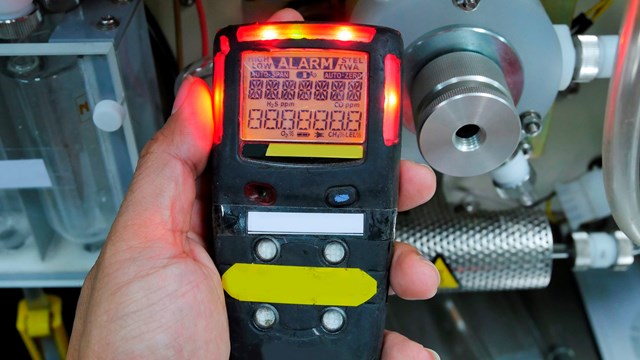
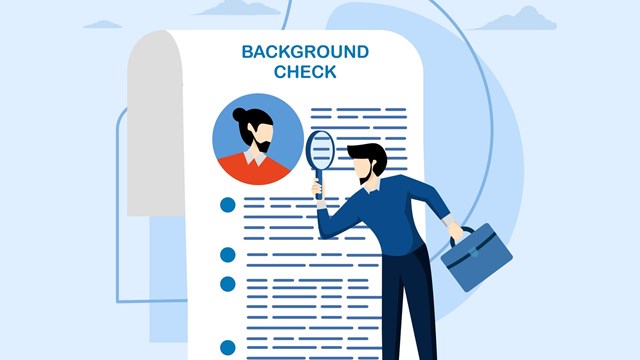
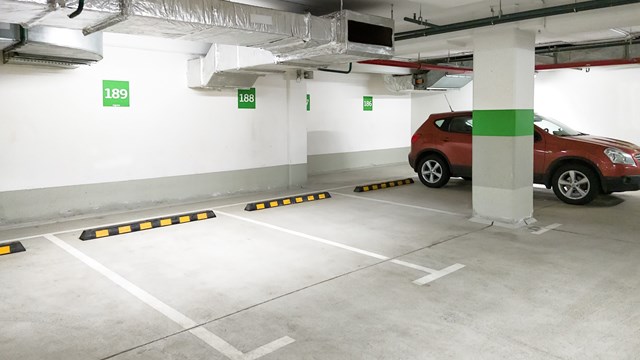

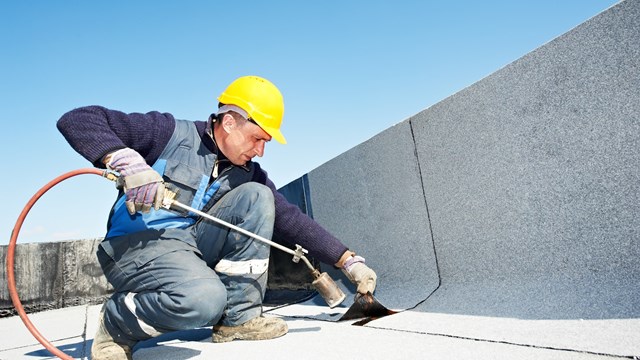
Leave a Comment